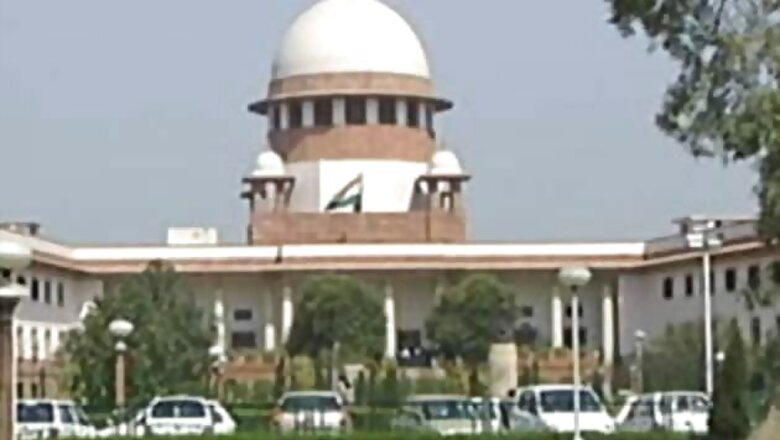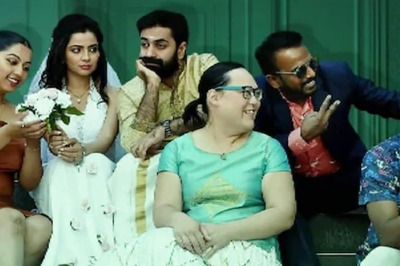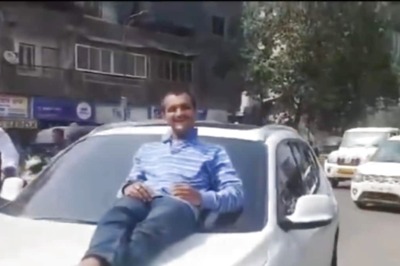
views
New Delhi: The Supreme Court has issued a notice to all states and Union territories on the concept of living will or euthanasia. The notice comes in reply to a plea filed by an NGO which allows every person to sign away his right to live and die with dignity in case they are declared medically vegetative.
The NGO says the will could be written and registered by a person when he is hale and hearty to deal with any eventuality which may not allow him to die with dignity.
The Centre has opposed the concept of living will. "Passive euthanasia is a form of suicide which cannot be allowed," the Centre argued. The apex court has appointed former Solicitor General TR Andhyarujina as amicus curiae to assist it in the case.
The Centre had on Tuesday opposed the plea to legalise allowing a person in vegetative condition to die by withdrawing life-support systems, saying such issues should be debated and decided in Parliament and not by court.
The Centre also submitted that Law Commission in its reports had also opposed the idea of legalising euthanasia. The case was presented before a five-judge Constitution Bench headed by Chief Justice RM Lodha, justices JS Khehar, J
Chelameswar, AK Sikri and RF Nariman.
The bench was constituted to decide the contentious issue after a three-judge bench had on February 25 referred to case to larger bench to decide the issue saying it was extremely important to have a clear enunciation of law in view of inconsistent opinions in its previous judgement.
It had said that its earlier verdict of 2011 allowing passive euthanasia was delivered on a "wrong premise". "In view of the inconsistent opinions rendered in Aruna Shanbaug case and also considering the important question of law involved which needs to be reflected in the light of social, legal, medical and constitutional perspective, it becomes extremely important to have a clear enunciation of law. Thus, in our cogent opinion, the question of law involved requires careful consideration by a Constitution Bench of this Court for the benefit of humanity as a whole," the court had said.
The apex court had said that its earlier Constitution bench verdict, which was wrongly relied in Aruna Shanbaug case, had held that right to live with dignity will be inclusive of right to die with dignity but the judgement did not arrive at a conclusion for validity of euthanasia.
The direction had came on a PIL filed by NGO Common Cause which said when a medical expert opines that the person afflicted with terminal disease has reached a point of no return, then he should be given the right to refuse being put on life support system as otherwise it would only prolong his agony.
The NGO prayed for declaring right to die with dignity as a fundamental right and had sought direction to governments to adopt suitable procedures to ensure that the persons with deteriorated health or terminally ill should be able to execute living will and Attorney authorization termination of life.
The petitioner had contended that a person whose life was ebbing out should be allowed to die as the continuance of the life with the support system was an unnatural extension of the natural life span.




















Comments
0 comment